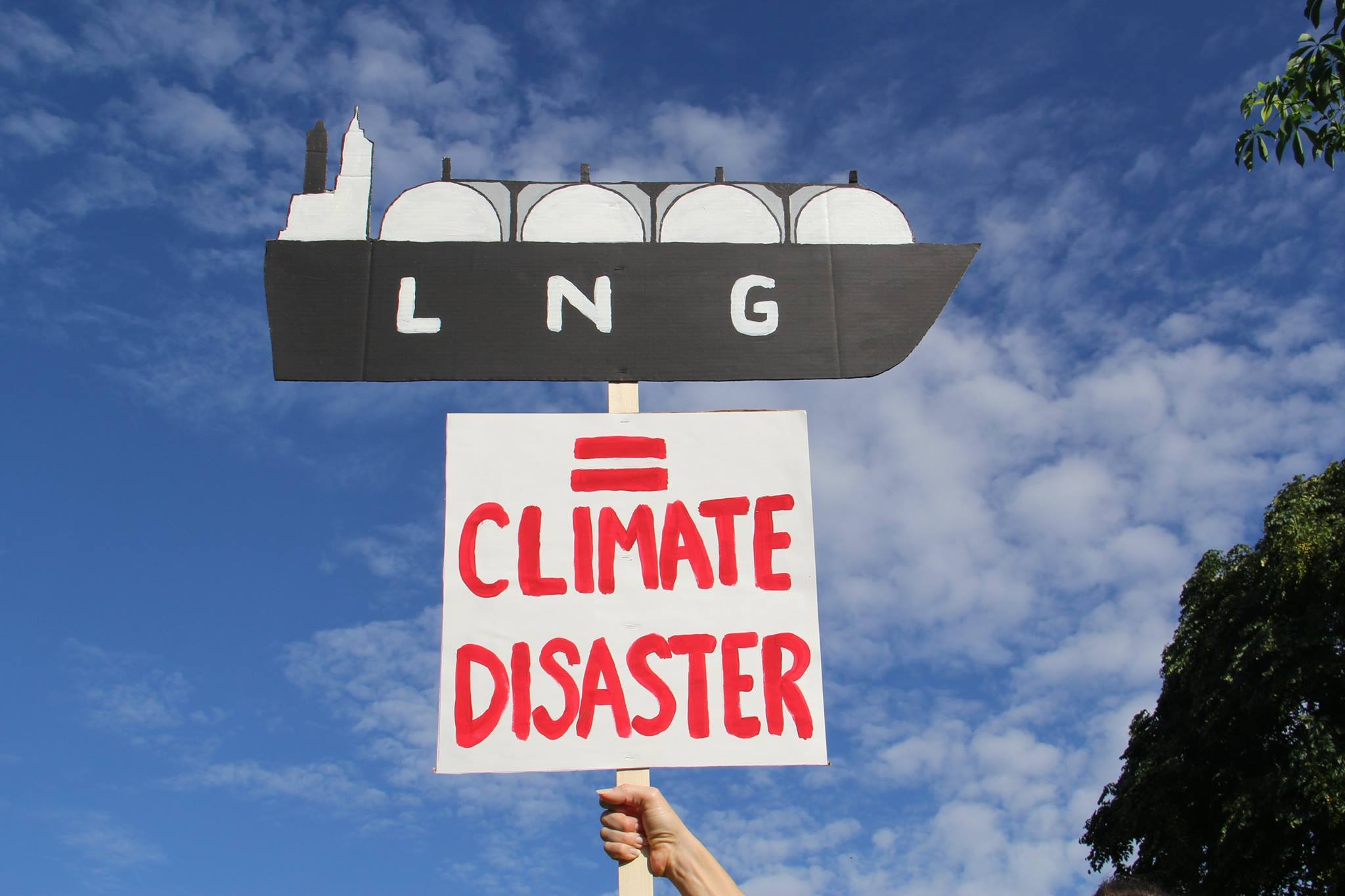
Today, the Sierra Club joined local residents and the City of Port Isabel in filing a set of lawsuits challenging approvals for three highly polluting fracked gas export terminals in Texas’s Rio Grande Valley.
-
The Shrimpers and Fisherman of the RGV, with representation by Texas RioGrande Legal Aid, and the Sierra Club filed a lawsuit in the U.S. Court of Appeals for the Fifth Circuit challenging the Army Corps of Engineers’ issuance of a Clean Water Act section 404 permit for the Rio Grande LNG and Rio Bravo Pipeline project. The groups argue that the Corps failed to avoid or mitigate negative impacts to wetlands.
-
The Sierra Club, community groups Save RGV from LNG and Vecinos para el Bienestar de la Comunidad Costera (represented by Texas RioGrande Legal Aid), and the City of Port Isabel filed two lawsuits in the U.S. Court of Appeals for the DC Circuit challenging the flawed approval by the Federal Energy Regulatory Commission (FERC) of the Annova LNG and Texas LNG projects. The suit argues that FERC’s socioeconomic and environmental justice analyses were flawed, as were the commission’s overall determination that the polluting projects are in the public interest. The same groups have already filed suit challenging FERC’s approval of Rio Grande LNG and Rio Bravo Pipeline
If built, the cumulative impacts of the Annova LNG, Texas LNG, and Rio Grande LNG and the Rio Bravo pipeline would be devastating for the health and safety of local communities as well as for industries like eco-tourism and shrimping that rely on a pristine coastline.
“In their approvals of these three highly polluting fracked gas export facilities, federal agencies violated the law by ignoring serious threats to local communities and the environment of the Rio Grande Valley,” said Sierra Club Senior Attorney Nathan Matthews. “It is unacceptable for these agencies to refuse to consider environmental justice and the irreparable harm these projects would cause, and today we continue the fight to hold them accountable and ensure these toxic facilities are never built.”